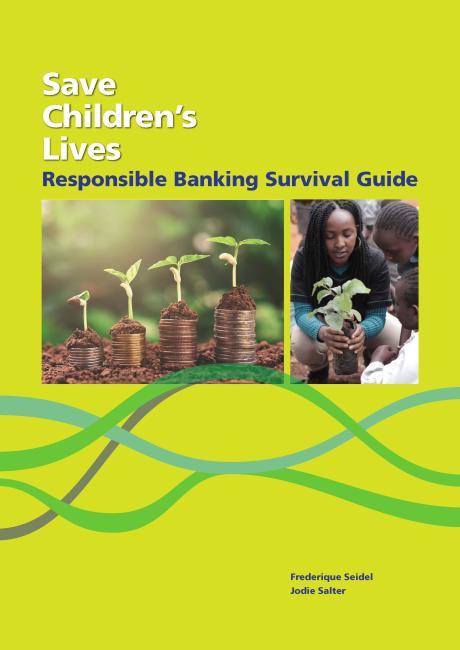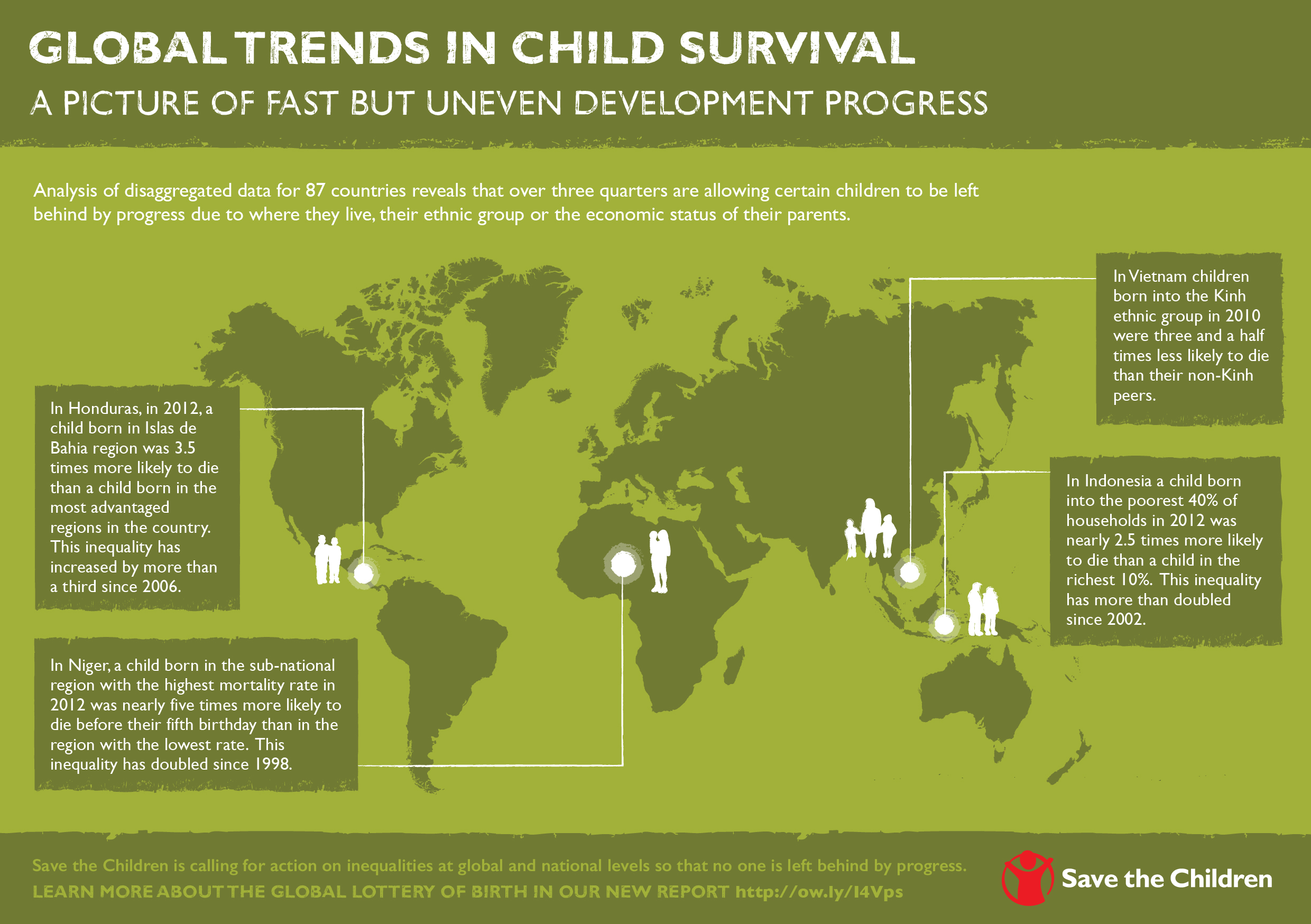I’ve blogged before about the dark side of population control. Over the years though I’ve come to take a still-dimmer view of most attempts at population control. One thing that’s gotten to me is the supposed tension between aid/development and population control. I’ve seen arguments (as I’m sure have you) against this or that form of aid or this or that way of saving lives because it’s only contributing to overpopulation. “By doing something now you’re only creating the circumstances for a much larger crash in the future!” says a hypothetical proponent of this view. “Counterintuitively it is I in my inaction who care more about those who suffer.”

Of course I exaggerate but that is very much like the tone I’ve gathered from some of these arguments. And if there’s anything I’ve learned from reading about world affairs it’s this: when it comes time to do something people will suddenly get 100 times more skeptical than usual. They will throw dozens of questions and demand all kinds of evidence they normally wouldn’t — all to defend the permissibility of their inaction. And yet, by a magical coincidence such arguments are always for the self-serving side. So anything like the above argument should be setting off more red flags than a Soviet military parade.

The world has had such predictors for centuries. Malthus was the one of the earliest, at least in a scientific sense. He predicted that population grows exponentially whereas food production grows arithmetically — so you do the math! While this theory was essential in Darwin’s formulation of evolutionary theory, it hasn’t panned out — at least not as Malthus would have expected. The problem is that such theories try to reduce history on the grandest level of all to just a few variables. The world is more complex and such modelling fails to take into account New Stuff (eg. vaccines, the green revolution, sanitation) which can be a game changer.
Of course even if it was certain that some life-saving campaigns will catastrophically increase population I think it would still be obligatory to do it. Surely there are better ways of managing population than denying some improvement that would stop people dying? Fortunately the reality is that improving the conditions of people’s lives and maintaining a sane population actually go hand in hand. Reducing the child death rate seems to cause a reduction in birth rate. It does make sense on a certain level: when your kids are almost guaranteed to survive you won’t have any extras as a cultural form of insurance. When there is this insurance it’s easy to overcompensate. In any case, I’ll let Hans Rosling close this out. Child survival is the new green and the quickest way to get a sane population is to first make ours a saner world for as many people as possible:





0 Comments